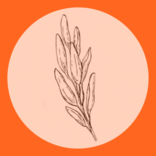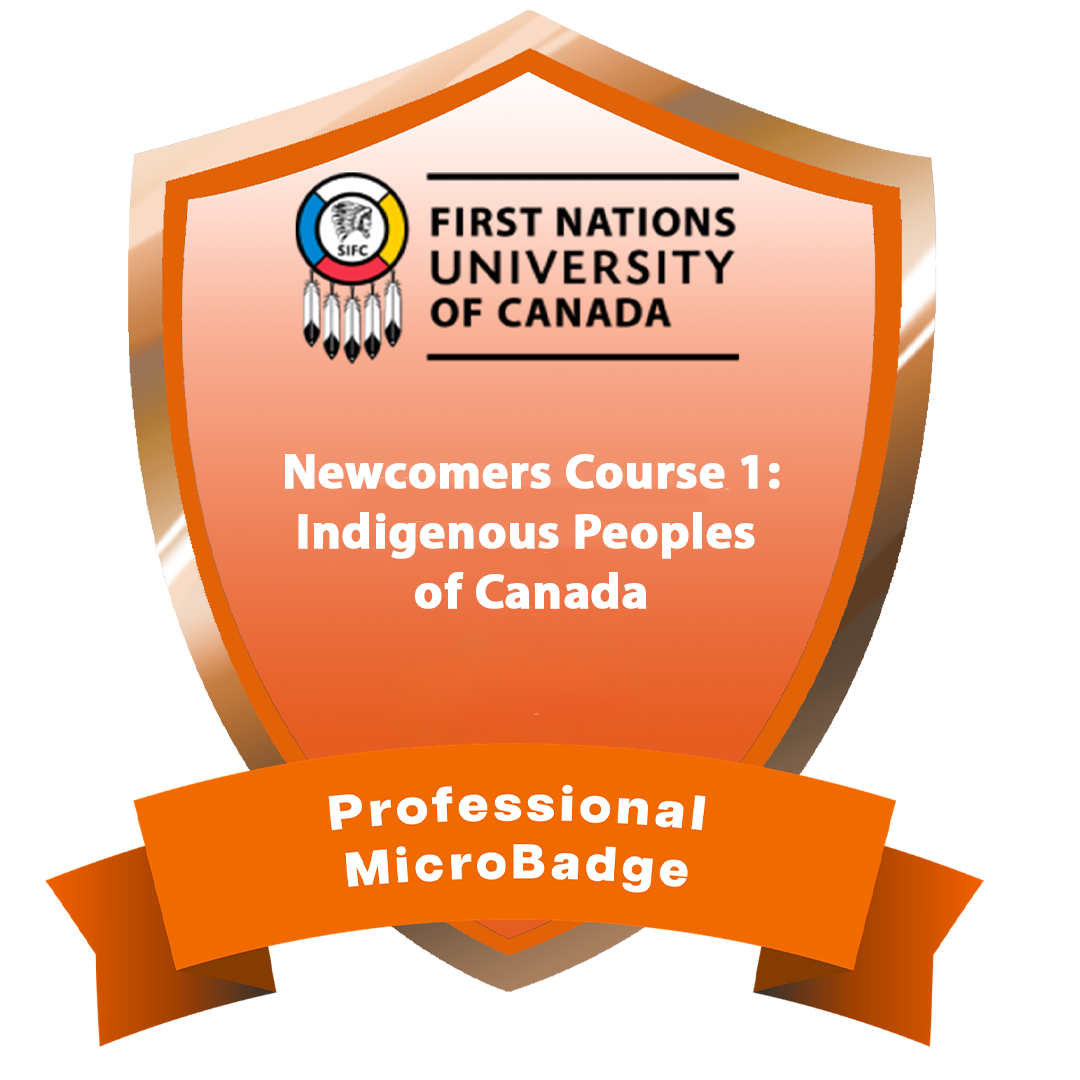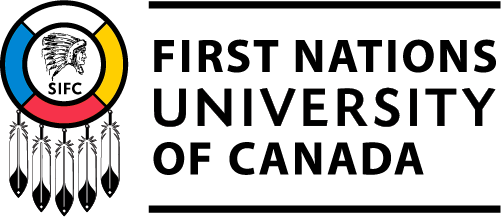ICE010 - Newcomers Course 1: Indigenous Peoples of Canada
Course Description
.png)
This course is designed to help Newcomers learn about the rich diversity of the Indigenous Peoples who are the original inhabitants of the northern portion of Turtle Island, which is known as Canada. Turtle Island became a colony of Britain, and as a result, the Indigenous Peoples were subjected to the oppression of colonization. This course will briefly explore the colonization of Indigenous Peoples of Turtle Island, and in doing so, you will begin to recognize the impacts that colonial events have had, and continue to have, on Indigenous Peoples.
As a result of Canada’s colonization of Indigenous Peoples, such as the enforcement of the Indian Residential Schools on all children and youth between the ages of six and sixteen, you will learn about the investigation into these schools by the Truth and Reconciliation Commission (TRC) of Canada. The TRC released its final report in 2015, which included 94 Calls to Action, which are meant to address the inequities that Indigenous Peoples experience in Canada because of Indian Residential Schools as well as continual colonial attitudes and behaviors.
Indigenous Peoples and their past, present, and future have a unique place in Canada’s landscape. They are the original Peoples of Turtle Island, and they are reconciling with the past by returning to their culture, languages, and ceremonies, and passing these teachings on to the next generation.
This course is designed to help Newcomers learn about Canada and its history. The goal of this course is to foster greater knowledge about the impacts of colonial policies and actions on Indigenous Peoples and to create deeper understandings and actions of reconciliation at both personal and professional levels.
This course is beneficial to learners who are interested in understanding Indigenous worldviews, history, and current realities, as it informs newcomers’ knowledge about Canada and the federal government’s colonial treatment of Indigenous Peoples. Newcomers who have experience with colonization will discover that Indigenous Peoples share their colonial experiences and have been in a process of healing by returning to their Indigenous culture and practices.
As you work through the course, you will begin to recognize the impacts colonial events have had, and continue to have, on Indigenous People. Ideally, you, as a learner, will take from the course what you need to take steps toward reconciliation in your personal and professional life.
TRC Calls to Action
Education - Newcomers to Canada #93
 We call upon the federal government, in collaboration with the national Aboriginal organizations, to revise the information kit for newcomers to Canada and its citizenship test to reflect a more inclusive history of the diverse Aboriginal peoples of Canada, including information about the Treaties and the history of residential schools.
We call upon the federal government, in collaboration with the national Aboriginal organizations, to revise the information kit for newcomers to Canada and its citizenship test to reflect a more inclusive history of the diverse Aboriginal peoples of Canada, including information about the Treaties and the history of residential schools.
Learning Outcomes
Learners will gain the knowledge, understanding, skills, abilities, attitude, and awareness to:
- Explore the cultural diversity of the Original Peoples of Turtle Island.
- Examine the impacts of European arrival on Turtle Island.
- Describe the Indigenous Peoples of Canada today.
- Examine colonization in other colonial countries.
Skills and Competencies
- Analytical Thinking
- Cultural Awareness
- Historical Analysis
- Knowledge Application
Summary
-
Number of hours: 6 hours total

-
Assessment: Themes two to five include brief knowledge check questions to assist the learner with recall of basic facts. At the end of the course, learners will need to pass the final assessment with a grade of 70% or higher to pass this course. Each knowledge check, including the Final Knowledge Check, allows multiple attempts. An incomplete course will count as a fail.
-
Previous education required: No prerequisites are required to take this course.
-
Delivery: Online, self-paced
-
Completion timeline: Within 180 days from when you enroll in the course.
FAQs
Is this course for everyone?
- Yes, this course is relevant to all people from all walks of life; however, it was created for Newcomers to Canada. Your life experiences will influence how they experience the course.
Some individuals and organizations may be GST-exempt.
- First Nations University of Canada is situated on the Star Blanket First Nation and is exempt from Provincial Sales Tax (PST). If you or your organization are exempt from Government Sales Tax (GST), please contact icec@firstnationsuniversity.ca to ensure that your invoice is prepared accordingly.
I need financial support. What funding options does ICEC recommend?
- Check out our Funding Opportunities here.
Who do I contact if I need help?
- Check out ICECs Learner Support page to see if your question is answered in the FAQs. If your question remains unresolved, feel free to complete the form with your question, or you may contact icec@firstnationsuniversity.ca for assistance with any questions. We are here to help! Support requests are received during regular office hours. Please expect a response within 24 to 48 hours.
